From Ethiopia to Los Angeles: A Journey of Identity and Faith
Once resisting the traditions of her Ethiopian heritage, Batia Shmueli found a new path of hope and unity through her experiences in Los Angeles. Discover how she embraced her true self and turned her story into a message of connection.
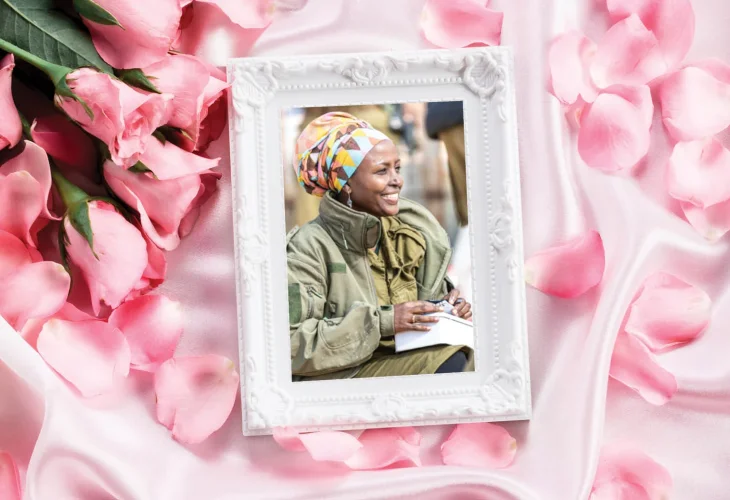 Batia Shmueli
Batia ShmueliFew people have the chance to interact with Israeli society in all its diversity, but Yed and Batia Shmueli, living in the northern village of Ein Hod, welcome countless hikers on the Israel Trail, embracing this ideal time after time.
"I believe that my past experiences ignited a strong desire in me to meet as many people as possible, to respect each person and learn from them, no matter their background," Batia explains. "My husband feels the same way, which is why we chose this unique place to raise our three children."
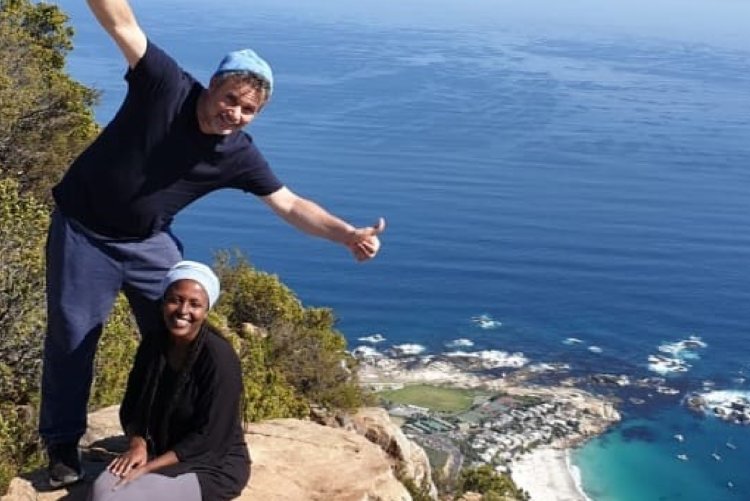
"Rejecting My Ethiopian Identity"
Batia shares her journey: "I was born in Ethiopia to a prominent family. My grandfather was a prayer leader, called upon to pray to Hashem in times of need. Though I never met him, my family was deeply spiritual, always aspiring to reach Israel, Jerusalem, and see the Temple... this was a constant wish."
At 11, Batia and her family made their dream of moving to Israel come true. "We lived in a caravan site near Tiberias, while we, the children, were sent to a non-religious boarding school," she recalls. "We began our new lives there. The first year was spent in a special program where we learned Israeli songs, toured the country, and got acclimated to Western ways."
"However, once we were integrated into regular classes, I remember the first day being asked my name in Amharic, and everyone laughing out loud. It was humiliating. I kept to myself in shame, envying how confident the other kids were, while I felt lost in my identity. Despite being outgoing and assertive in Ethiopia, here I was, lost."
"I made a clear decision then: 'I don't want to be Ethiopian; I care nothing for our traditions. I want to be Israeli.' I stopped speaking Amharic altogether, changed my hairstyle and dress, pitying those who clung to old customs."
"But when starting 9th grade, we were told we'd struggle with exams and would be moved to technical schools. I didn't understand, I'd done everything to fit in, yet I was still different. This marked the end for me, and I sought a program that helped newcomers earn a diploma. But I remained in denial of my Ethiopian roots until I finished school. At 16 and a half, I dyed my hair blond, and remember my father's confused face seeing me back home. I gave him a speech about integrating into Israeli culture."
"I then enlisted in the elite Shayetet 13, becoming fully Israeli."
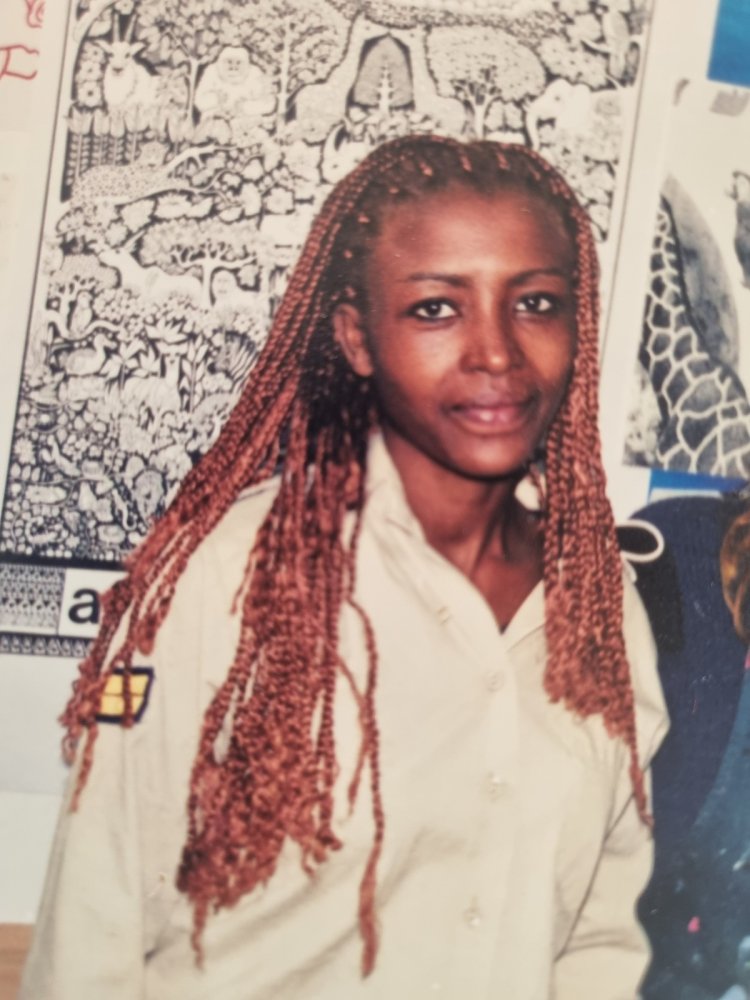
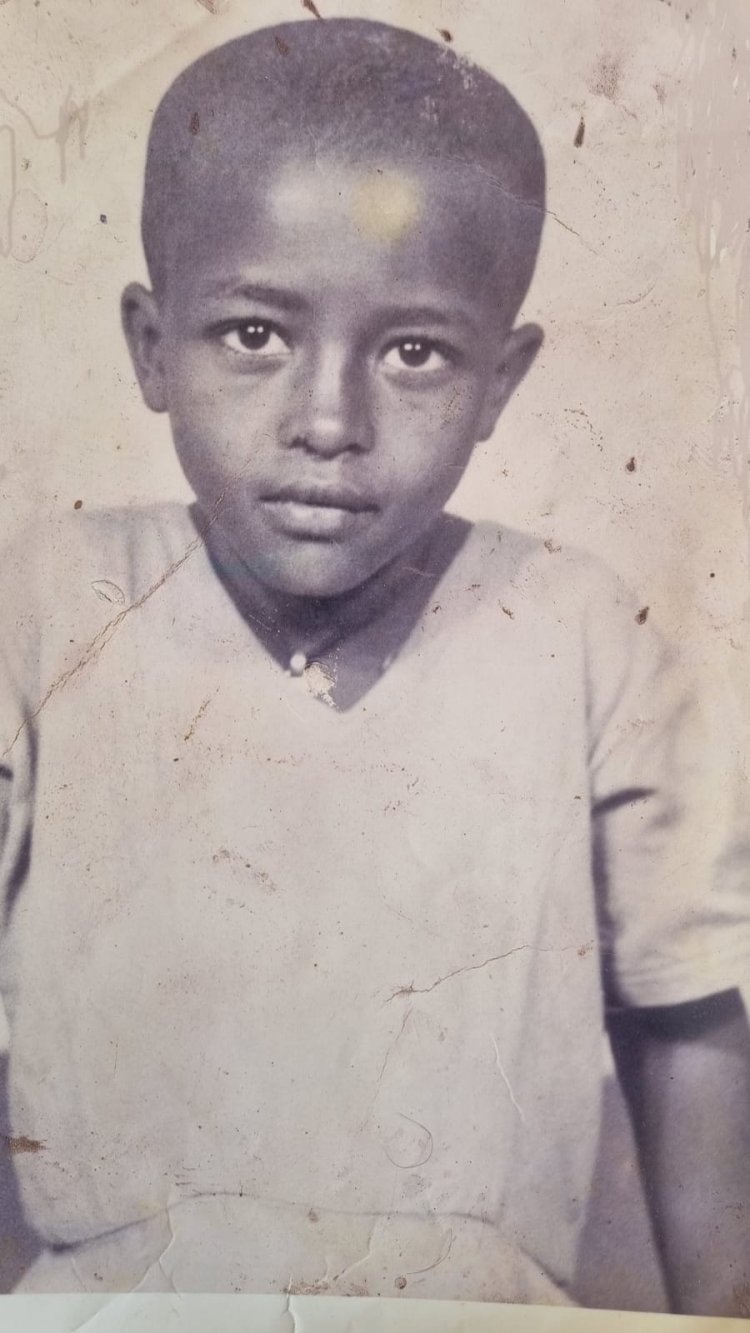
Returning Home
Post-military, Batia felt drawn to travel, like many peers. "South Africa and India didn't interest me, so I flew to New York but quickly felt it wasn't for me. I headed to Los Angeles and began working at a Jewish restaurant, and that's where my spiritual journey started inexplicably."
What do you mean?
"I lived below a religious woman who answered my questions about Judaism, helping me see things differently. I started hosting Israeli guests for Shabbat dinners, serving bountiful meals. I eventually realized driving on Shabbat wasn't right, so I stopped.
"The most interesting part was meeting my husband, half Romanian, half Iraqi, who grew up in Ein Hod, not religious. He traveled to Africa after the army, and when asked about his faith, he realized he was Jewish. That trip was challenging, and he nearly embraced Islam until Hashem brought him back."
"When back in Israel, he was surprised to see my modest dress and lifestyle, far from how he remembered me. He feared telling me he kept Shabbat, but it turned out we both had changed."
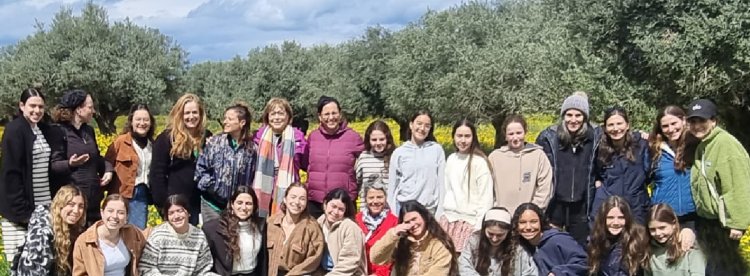
Welcoming Travelers
Batia and her husband chose to build a home in Ein Hod, living with their three children and sending them to school in nearby Kibbutz Nir Etzion. "Twenty years ago, we decided to make our home a hosting spot on the Israel Trail offering not only a shower and relaxing space but also a kosher kitchenette."
Having met around 20,000 hikers on the trail, Batia emphasizes, "People embarking on a two-month Israel trail journey leave their jobs and preconceptions behind, allowing for heartwarming interactions with people from different backgrounds."
"Yet, as a representative of the Ethiopian community, I see the fear of the unknown here, with divisions between 'Ethiopians,' 'Russians,' 'Haredim,' preventing meaningful encounters. It's painful. We, Israelis, are one body and should stop prejudices and divisions, hurting not just others but ourselves. My husband and I take this as our mission."
"During COVID-19, we left our careers for nearly two years, serving as emissaries in South Africa, aiming to connect communities and foster opportunities."
Unity Above All
Amidst recent conflicts, Batia has a new project: as a deputy director at "Empowered Ethiopian Women," helping Ethiopian women affected by war—particularly mothers of fallen soldiers. "Many Ethiopian Jews have died in the war, and understanding cultural responses is crucial. We offer substitutes for retreats, organizing seminars for remembrance."
"I'm also on army reserve duty as a 'Platoon Cohesion Leader,' offering lectures to soldiers on unity. It's crucial; no matter our advanced weaponry, without unity, progress is futile. Fortunately, the army values unity, and awareness is growing."
She continues giving lectures nationwide, from kibbutzim to schools, aiming to bridge gaps, instill hope, and confront societal complexities with courage.
Why tackle such complex issues?
"For years, I avoided discussing racism, but to defeat it, we must talk openly. Hiding problems only perpetuates them."
She concludes with a message: "Let's stop judging and simply love each other, like how Hashem watches us, His children. Recent events show that division gives rise to enemies, but unity strikes fear in them. It is our strongest weapon to triumph together."

